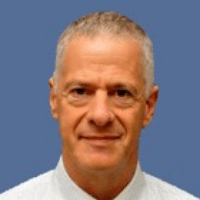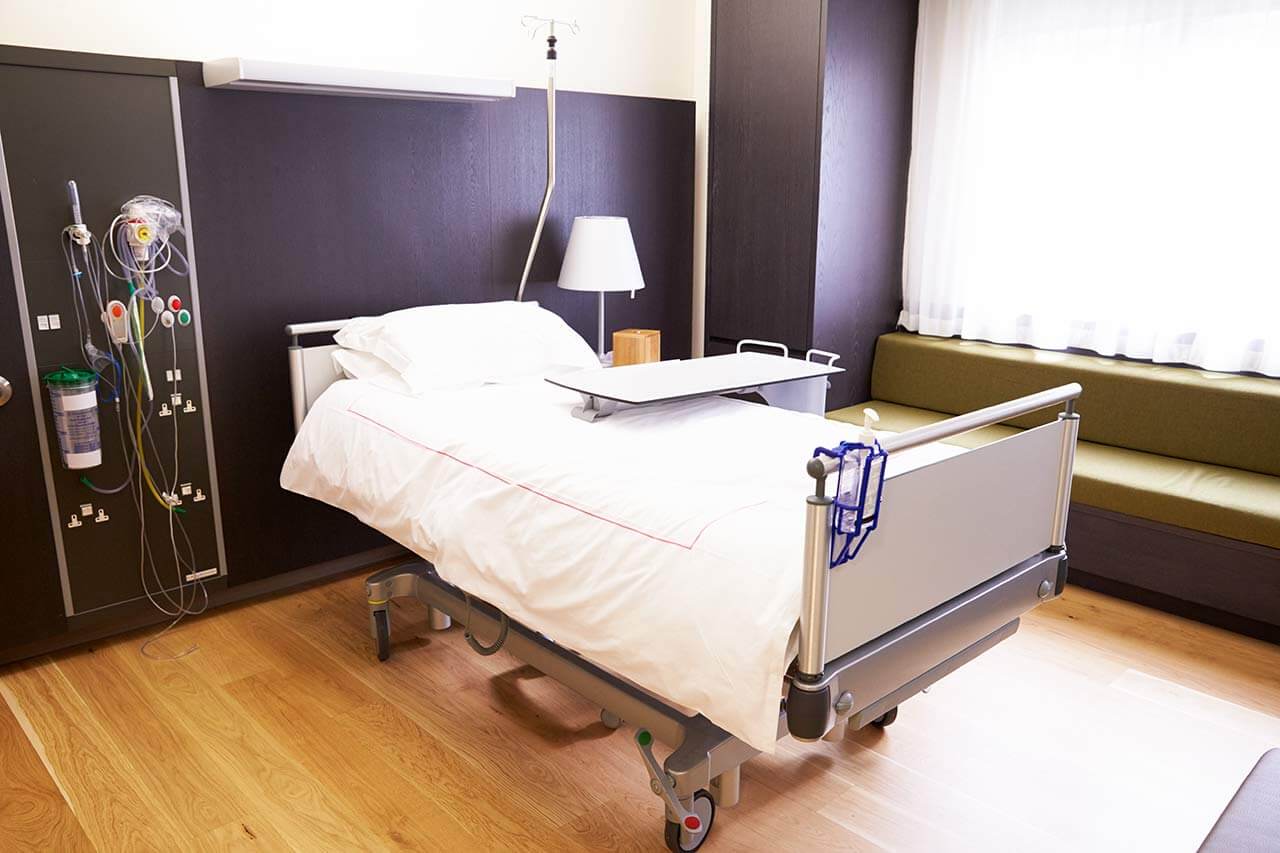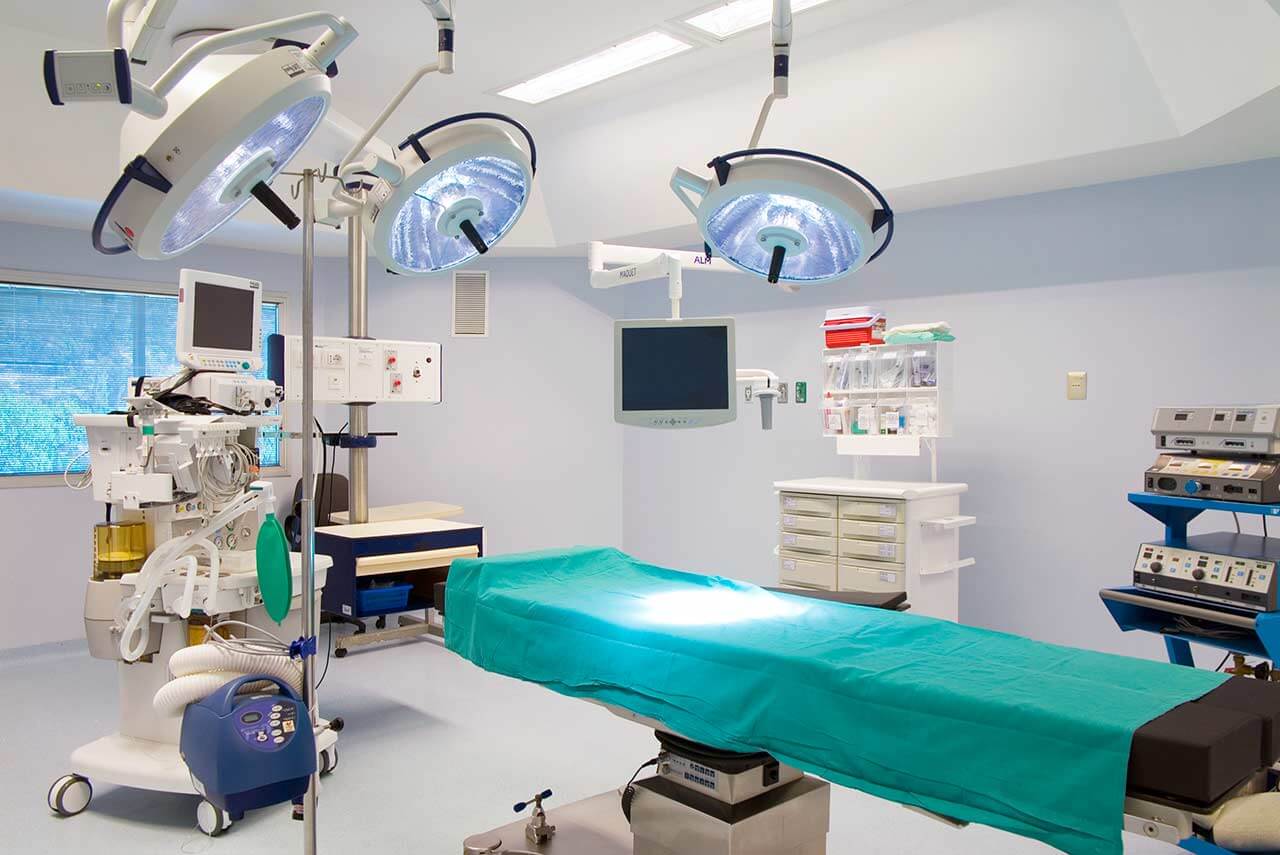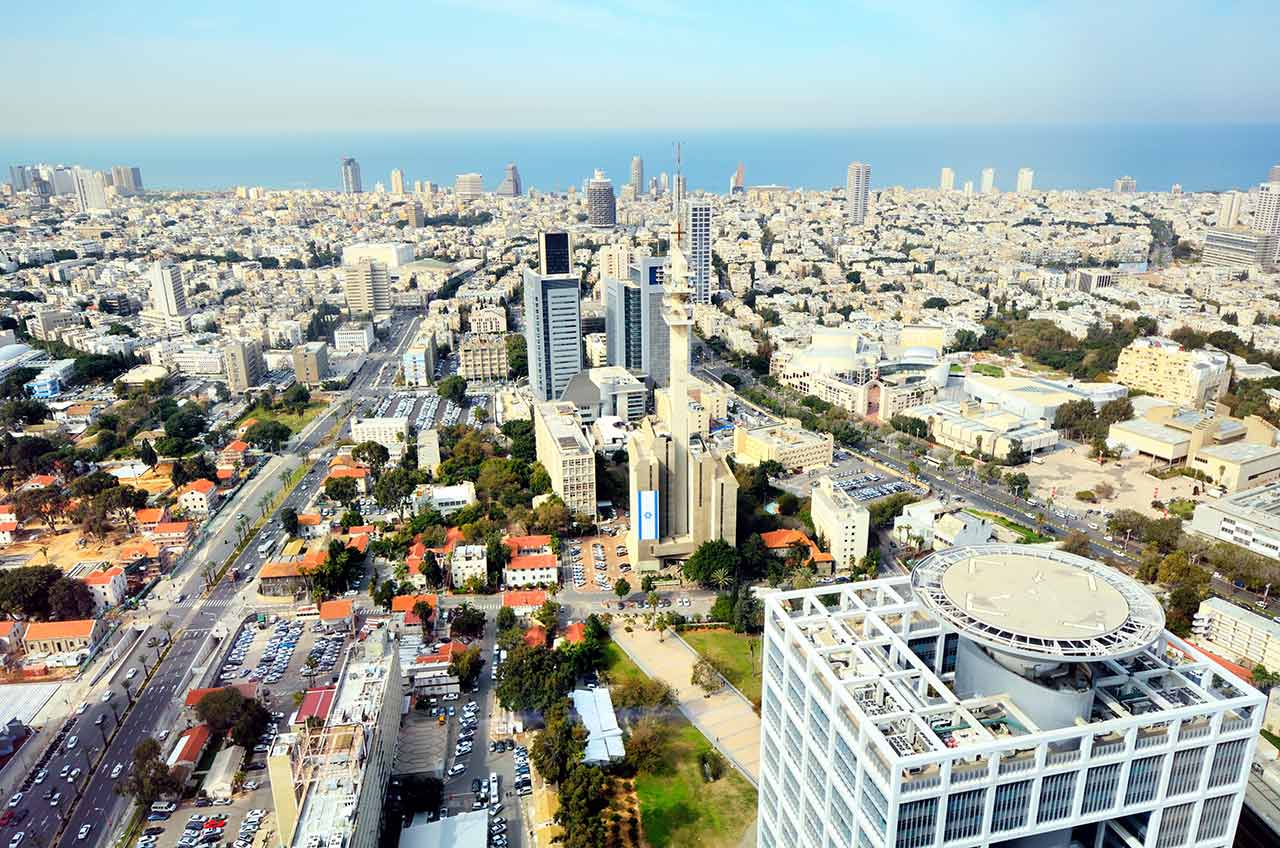
The program includes:
- Initial presentation in the clinic
- clinical history taking
- review of medical records
- physical examination
- laboratory tests:
- complete blood count
- general urine analysis
- biochemical analysis of blood
- inflammation indicators (CRP, ESR)
- indicators blood coagulation
- neurological examination
- brain and spine CT/ MRI scan
- umbar puncture (spinal tap)
- neuropsychological tests (on indications):
- ENMG (electroneuromyography)
- EEG (electroencephalography)
- SEPs (somatosensory evoked potentials)
- VEPs (visually evoked potentials)
- BAEP tests (brainstem auditory evoked potential)
- consultation of related specialists
- symptomatic specific treatment
- the cost of essential medicines and materials
(the cost of autoimmune therapy is not included) - nursing services
- control examinations
- full hospital accommodation
- developing of further guidance
Required documents
- Medical records
- Brain and spinal cord MRI (if available)
Service
You may also book:
 BookingHealth Price from:
BookingHealth Price from:
About the department
The Department of Neurology at the Tel Aviv Sourasky Medical Center offers the diagnostics and treatment of a wide range of diseases of the nervous system. The department's doctors specialize in the treatment of stroke, epilepsy, motor disorders, neuromuscular diseases, memory disorders, infections of the central nervous system and autoimmune diseases. To achieve optimal results, the highly qualified neurologists of the department use the most advanced equipment and the very latest treatment methods. The department is headed by Prof. Dr. med. Nir Giladi.
Depending on the patient's condition and the complexity of the particular clinical case, the doctors offer either inpatient or outpatient treatment. In addition, the department has specialized diagnostic laboratories for electromyography (EMG), electroencephalography (EEG), dopplerography, as well as for the testing of autonomic nervous system.
The team of the department's doctors pays due attention to individualized medical care and provides patients with not only top-class medical services, but also emotional support.
The department's range of medical services includes:
- Diagnostics and treatment of epilepsy
- Diagnostics and treatment of Alzheimer's disease and other memory, concentration disorders
- Diagnostics and treatment of Parkinson's disease, other motor disorders
- Diagnostics and treatment of headache, facial pain
- Diagnostics and treatment of cerebrovascular diseases (focus on stroke treatment)
- Diagnostics and treatment of neuroimmunological diseases, myasthenia gravis and multiple sclerosis
- Diagnostics and treatment of amyotrophic lateral sclerosis (ALS), other neuromuscular diseases
- Diagnostics and treatment of functional disorders of the nervous system
- Other diagnostic and therapeutic options
Curriculum vitae
Education
- 1977 - 1983 Medical School, Ben Gurion University, Beer Sheva, Israel.
- 1985 - 1989 Medical School, Tel Aviv University, Tel Aviv, Israel.
Specialization
- 1985 - 1989 Carmel Medical Center, Haifa, Israel.
- 1991 - 1992 Carmel Medical Center, Haifa, Israel.
Certification
- 1984 American Licensing Exam for Foreign Medical Graduates (ECFMG).
- 1990 American Licensing Exam.
- 1993 Board Certification in Neurology.
Continuing Education
- 1989 - 1991 Fellowship, Columbia University, NY, USA.
- 1994 Visiting Researcher, Columbia University, New York, USA.
- 2001 Visiting Researcher, Oxford University, Oxford, UK.
- 2006 Visiting Professor, Radboud University, Nijmegen, Netherlands.
- 2010 Fellowship at Northern Jiangsu People's Hospital, Clinical Medical School of Yangzhou University, China.
Clinical Experience
- 1974 - 1977 Military Doctor at the Israeli Defence Force.
- 1985 - 1989 Residency, Carmel Medical Center, Haifa, Israel.
- 1991 - 1992 Residency, Carmel Medical Center, Haifa, Israel.
- 1984 - 1985 Family Physician, Kupat Cholim, Beit Shean, Israel.
- 1984 - 1989 Family Physician, Kupat Cholim, Kibbutz Beit-Keshet.
- 1993 - 1996 Director of Clinic for Parkinson's Disease and Movement Disorders, Carmel Medical Center, Haifa, Israel.
- 1991 - 1996 Family Physician, Kupat Cholim, Kibbutz Lochamei Hagetaot.
- 1996 - 2007 Director of Section for Movement Disorders Unit, Tel Aviv Sourasky Medical Center.
- 2007 Chief Physician of the Department of Neurology, Tel Aviv Sourasky Medical Center.
Academic Experience
- 1979 - 1981 Epidemiology Tutor, School of Medicine, Ben-Gurion University, Beer Sheba.
- 1981 - 1982 Teaching Anatomy, School of Nursing, Ben Gurion University.
- 1988 - 1989 Teaching Neurology, Carmel School of Nursing.
- 1991 - 1996 Teaching Neurology, School of Medicine, Technion, Haifa.
- 1997 Teaching Neurology, Sackler School of Medicine, Tel Aviv University.
- 2000 Teaching Neurophysiology and Neurology, M.Sc. Course on Physical Therapy, Tel Aviv University.
- 2002 Senior Lecturer, School of Medicine, Tel Aviv University.
- 2005 - 2006 Member of the Steering Committee, Department of Behavioral Sciences, Tel Aviv University.
- 2006 Associate Professor of Neurology, School of Medicine, Tel Aviv University.
- 2007 Member of the Levi Edersheim Gitter Institute for Functional Neuroimaging, Research In Collaboration with Functional Brain Imaging Unit, Tel Aviv Medical Center, Tel Aviv University.
- 2010 Member of the Steering Committee of Neurology, School of Medicine, Tel Aviv University.
Memberships in Professional Societies
- 2000 - 2002 Membership Committee, International Movement Disorder Society.
- 2003 - 2005 Member of the International Executive Committee, Movement Disorder Society.
- 2003 Member of the Board Research Group of the WHO on Parkinson's Disease and other Movements Disorders.
- 2005 - 2006 Member of the Award Committee of the International Movement Disorder Society.
- 2009 - 2013 Elected Treasurer of the International Society for Movement Disorders.
Photo of the doctor: (c) Tel Aviv Sourasky Medical Center
About hospital
The Tel Aviv Sourasky Medical Center is the second largest and one of the most advanced healthcare and research facilities in Israel. It began its work in 1961, but it is still popular among the local population and attracts thousands of international patients.
The multidisciplinary medical center covers an area of 150,000 m². It has 60 departments and institutes with 1300 beds. The hospital annually provides its highly professional services to more than 1,5 million patients. In addition, the hospital enjoys prestige among doctors, many of whom want to have an internship and work here.
The medical center employs more than 6,400 people, among them more than 1,100 doctors, 1,760 nurses, 850 medical laboratory assistants, technical and other employees. The medical staff successfully combines clinical and research activities. The hospital annually conducts clinical trials aimed at the the development of new diagnostic and treatment methods.
Structurally, the medical facility is divided into four main hospitals. These include the General Hospital, the Rehabilitation Hospital, the Lis Maternity and Women's Hospital and the Dana-Dwek Children's Hospital.
The medical center is focused on individualized treatment. With adherence to the international standards of service, the specialists take into account the needs of each patient, his age and a specific clinical case. The medical center strives to provide treatment in a friendly and respectful atmosphere, with an empathic attitude to each patient.
Photo: (c) depositphotos
Accommodation in hospital
Patients rooms
The patients of the Tel Aviv Sourasky Medical Center live in comfortable rooms equipped with all necessary amenities. The standard room includes an automatically adjustable bed, a bedside table, a wardrobe for storing clothes. Also, each room has an ensuite bathroom with shower and toilet.
Meals and Menus
The medical center offers three meals a day: breakfast, lunch and dinner. For lunch, the patients have a choice of daily menus. If for some reason you do not eat all foods, you will be offered an individual menu. Please inform the medical staff about your food preferences prior to treatment.





